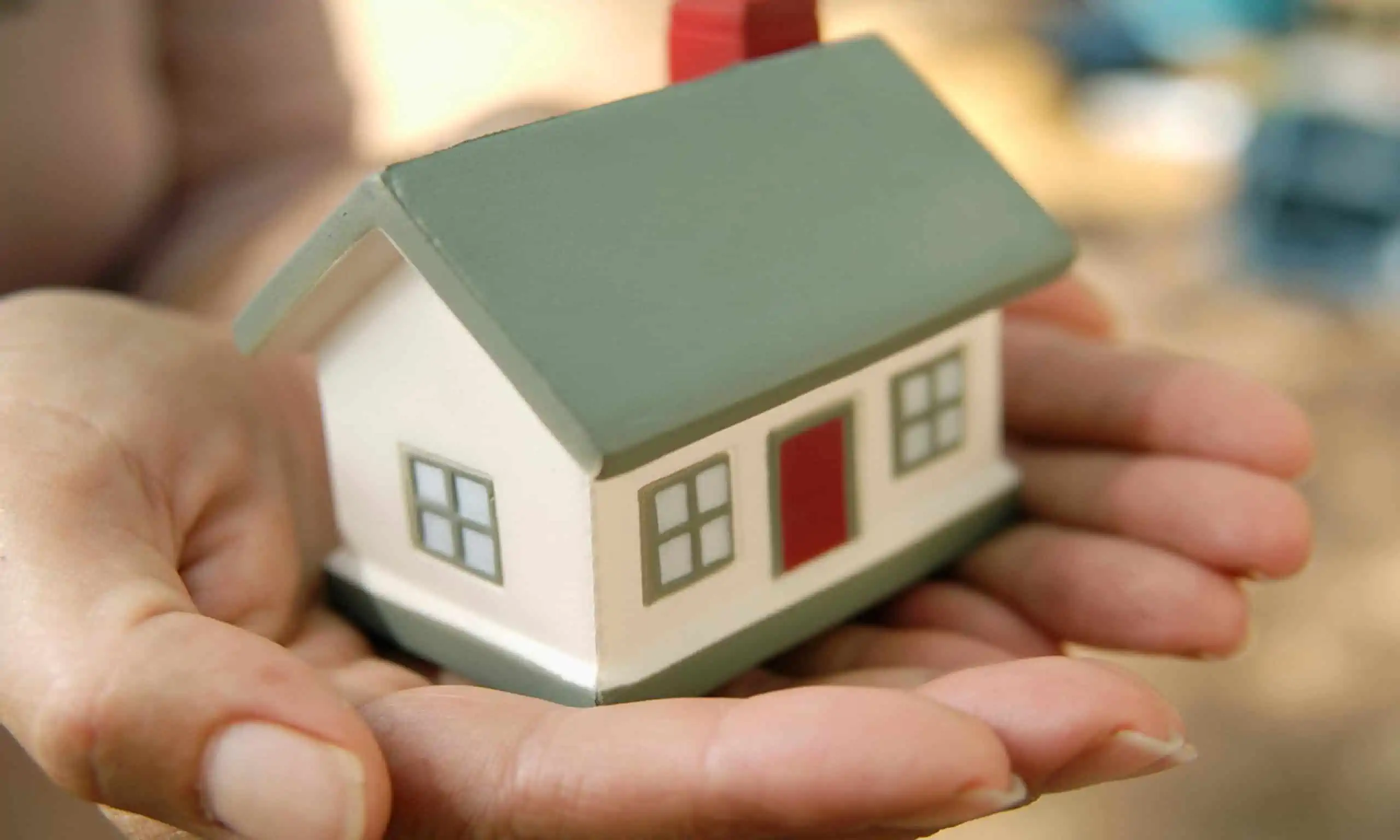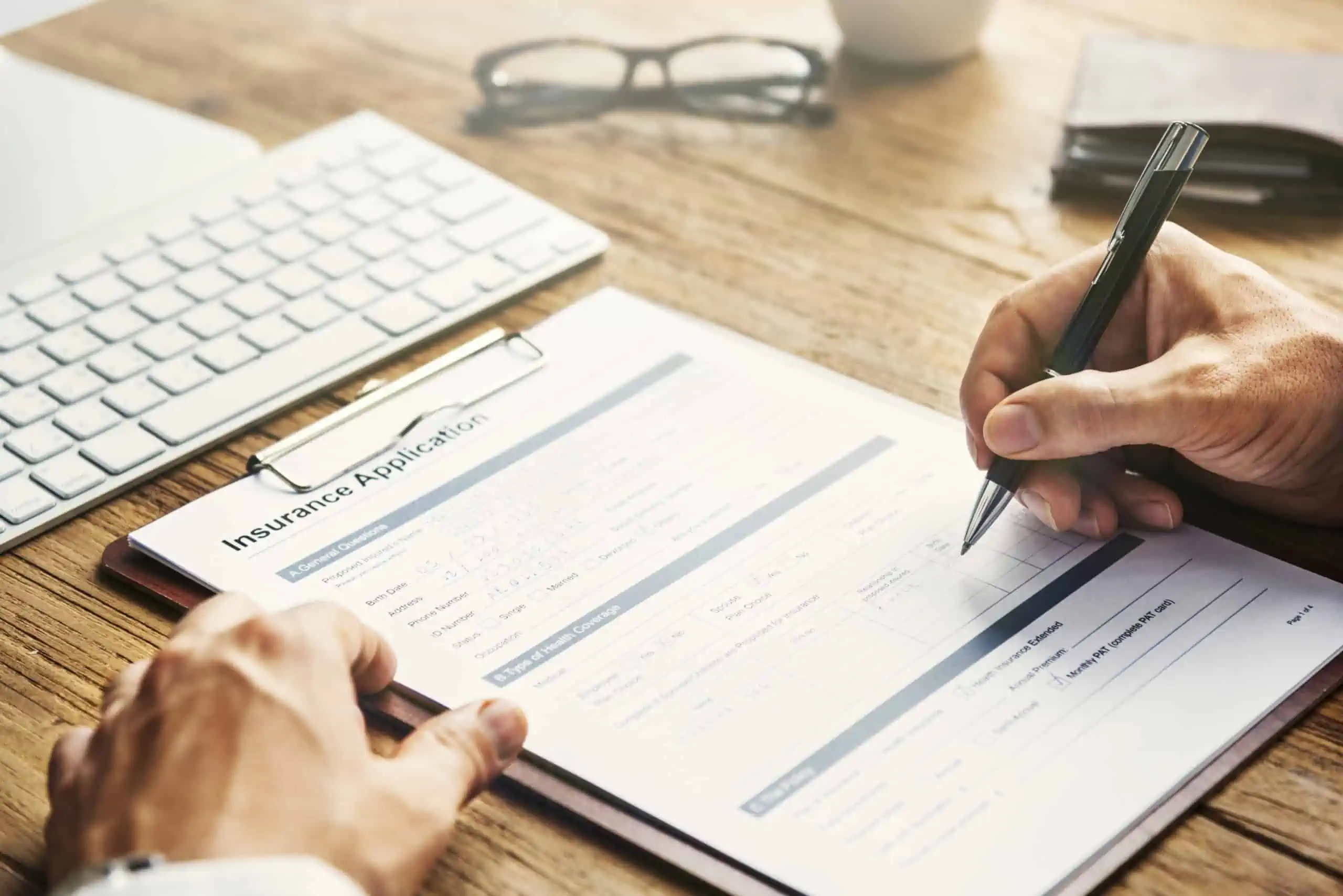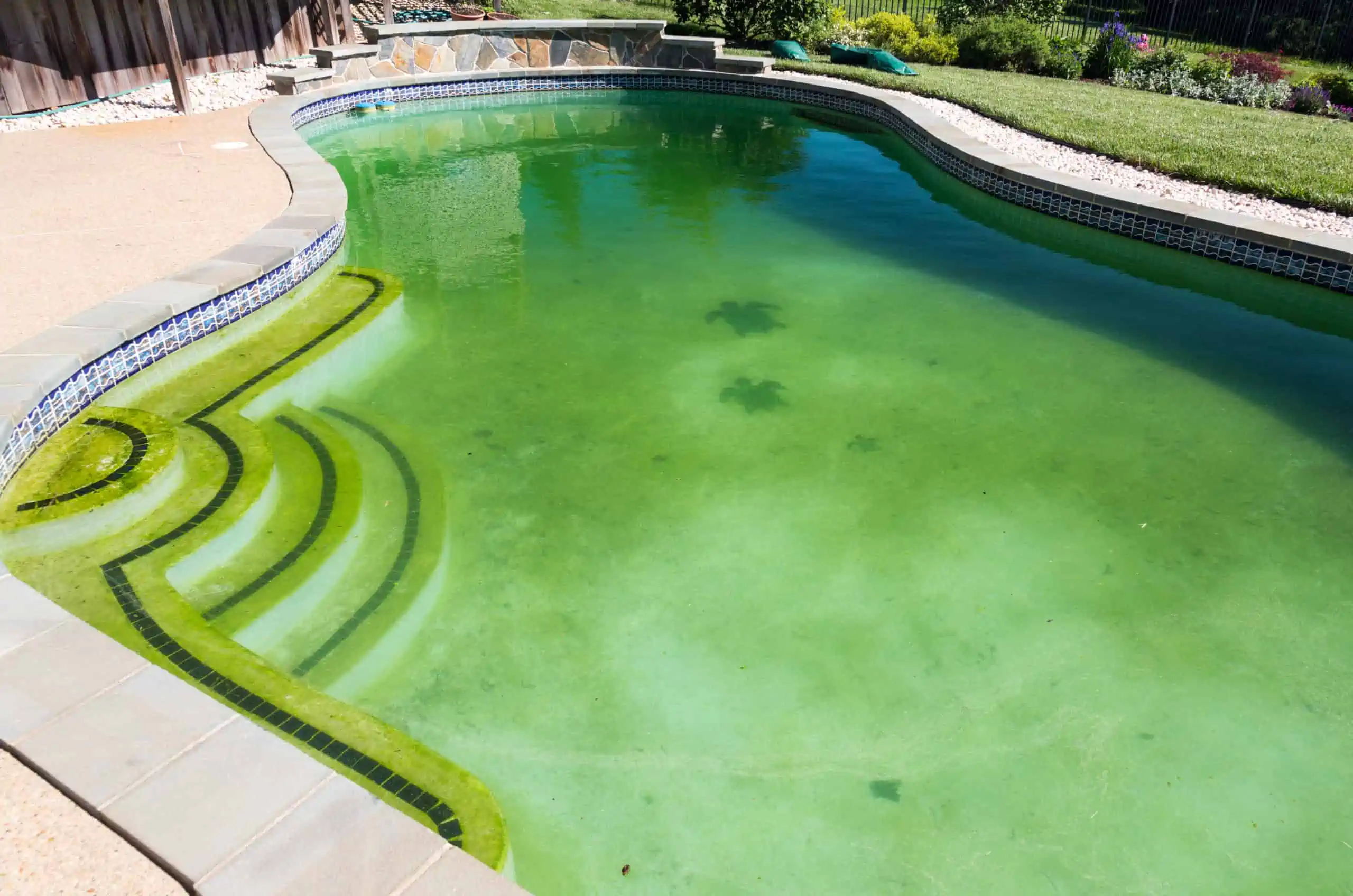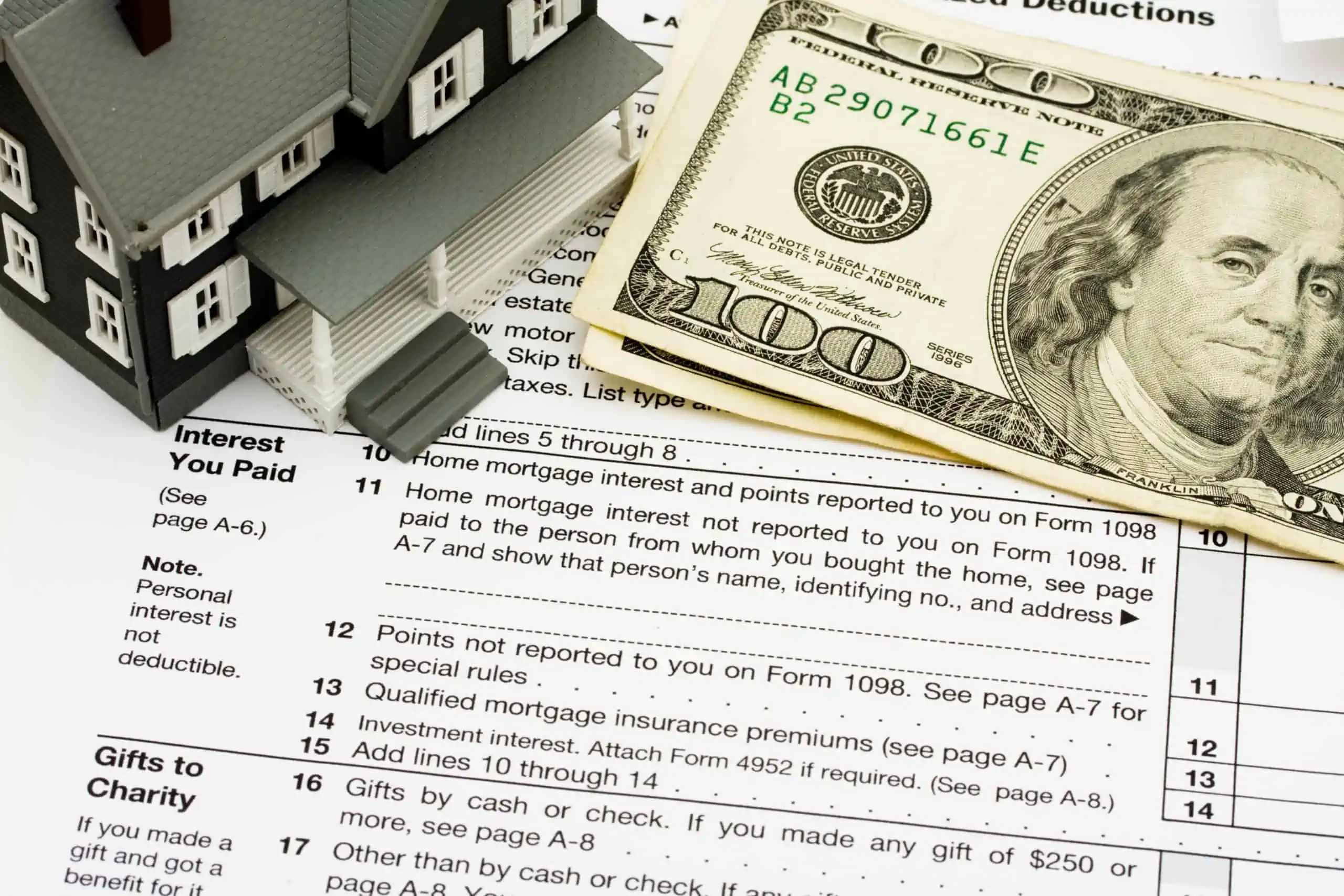First-Time Home Buyer: 8 Costs You Should Never Overlook!
This post may have affiliate links. Please read the Disclosure Policy for complete details.
There’s always a lot of debate about the upside of buying a home.
The rent vs. buy debate is always a big part of that.
But if you do decide to become a homeowner, you have to be careful.
There are many costs involved.
Probably even more than you think you know about.
People concentrate on mortgage payments and real estate taxes but there’s much more.
When you go to contract on a home (whether it be a single-family, townhouse, or condo) the main numbers discussed are mortgage payment and closing costs.
You usually only worry about getting your credit in line so you can get the lowest interest rate and have to bring the least amount of money possible to the table at the closing and be able to come up with that money, naturally.
Part of being good at managing money is knowing what your whole financial picture looks (or will look) like.
That includes this process as well.
Unfortunately, what you don’t normally hear much about are all of the other costs you will encounter at some point.
Costs to budget for that no one warned you about, such as…
Your Home’s Outward Appearance

No one wants to be the home on the block to stand out for “negative reasons”.
Most people want to fit in with the neighbors and project a similar, if not more lucrative lifestyle so they will do whatever it takes to keep up appearances.
Putting in a pool, getting a crew to design a beautiful landscape, and putting a full entertainment center or outdoor kitchen on the patio all will cost you significantly.
It doesn’t end with just the cost of installation, however.
You also have to keep in mind the increase in the home’s assessed value when it comes to real estate taxes.
Even if you do some of the things yourself, the time and work needed at any time is time that you don’t have to actually enjoy any of that stuff.
Don’t forget that if you live in a community with a homeowners association (see the point later), you will be forced to maintain your property.
You will be required to:
- keep your roof clean especially if it’s tiled
- maintain the landscaping
- keep the house paint fresh (ie: not faded or peeling)
- ensure the driveway is even and free from weeds if it’s made of pavers or recoated if it’s asphalt and cracking
- clean sidewalks
All of that is going to cost money by either buying your own equipment & supplies or paying someone to do those jobs for you.
Various Home Insurances

Yes, that’s correct, plural!
There are multiple home insurances depending on where you buy.
- Homeowners
- Flood
- Windstorm
- Earthquake
- Private mortgage insurance (although not a shoppable item)
If you take on a mortgage, more likely than not, you will be forced to take out a condo insurance or homeowners insurance policy with certain minimum coverages.
Then, you have to obtain other insurances based on your location (ie: flood or wind zones) that may require secondary policies if your primary provider doesn’t offer such coverages.
What happens if you’re investing in collectibles such as comic books, sports cards, or Pokemon cards?
What about valuable jewelry?
Of course, it is also an integral part of financial planning to have your investments and other personal items, particularly valuables and/or family heirlooms insured in case of unforeseen events.
It is also not something that is talked about much when the discussion comes to buying a home.
It’s important to make sure to check with a reliable insurance company or agent to make sure you get full and proper coverage!
Paying For Unexpected Surprises
Things won’t always turn out as you expect them once the purchase process is complete.
You may realize that your furniture just doesn’t fit how you envisioned when you did your walk-through.
Appliances may break, even if they are reasonably new.
You may do some damage when moving into the home.
Heck, you may be moving into an area that is always impacted by weather events (no region is immune to those!).
Stuff happens, but sometimes we don’t plan for it or even consider the possibilities of it happening, and they generally don’t happen just once.
It’s important to understand all of the various mishaps that can occur and be able to handle them financially.
Emergency preparedness is essential and having an “emergency fund“, or whatever you want to call it is a good start.
Just understanding the fact that these kinds of things can take place will put you ahead of the curve in terms of not being completely taken off guard and scrambling to figure out what to do next.
Homeowners or Condo Association Fees
Again, this depends on where you live.
Your homeowners’ association sets the rules that you have to abide by, and you even get to pay them to do so!
That’s in addition to your mortgage payment unless the community you buy in has some sort of mortgage escrow requirement that the lender works into your payment.
Many communities have associations that require monthly or quarterly dues to pay for common areas such as pools, clubhouses, parks, and facilities.
They also cover the community landscaping, security, and possibly certain utilities if the community has a contract with the cable company for example.
These associations set guidelines such as the colors that exteriors can be painted, parking rules, and “policing” the communities to maintain the property values by ensuring that the landscaping is done, roofs and sidewalks are clean, and lots are kept up to standard.
Costs of Routine Home Maintenance

Every home needs upkeeping:
- Air conditioning maintenance
- Pest control
- Landscaping
- Cleaning gutters or air/dryer vents
- Pool cleaning/treatment (and eventual resealing)
- Chimney sweeping
If you live in an area that has an association, some of these things are likely to be required as mentioned above.
Some people will say that it’s more financially prudent to take a do-it-yourself approach, but it is always best to hire a professional if:
- You have no experience in doing something like climbing onto a roof with a pressure washer, or
- Your time is better spent on other tasks and a professional would get the job done in a more efficient manner.
It isn’t always about the money outright, but a combination of the money and the opportunity cost of doing things yourself.
Not to mention the health risks posed by trying to use power tools you have never touched before in your life or attempting to handle electrical work when you have trouble tying your shoes.
Home Utility Costs
Energy consumption costs are probably the largest category of monthly living expenses.
Some first-time homebuyers get shocked by how much they have to spend on:
- Electric bills
- Gas bills
- Water
- Sewer
- Trash
It’s especially surprising if you are going from a rental where you might not have to pay for these costs yourself–if for instance they are all included in your rent payment.
Or, if you go from living with your parent to home ownership without ever being a renter in between.
Let’s not forget about what happens when you upgrade your living situation, too.
The more living space there is, the more energy will be required to keep it cool in the summer and warm in the winter.
What happens if you have a pool?
That’s going to be another thing that’s going to increase your utility bills.
And, some places require you to purchase garbage pails and/or bags so keep that in mind when you’re looking for a home to buy!
General Living Expenses

Ok, so we’ve covered many of the home-related expenses, but what about the costs of actually living and getting around?
You know, costs such as:
- Grocery shopping (or grocery delivery services)
- Energy consumption
- Security system
- Cable television or streaming services
- Car payments & gas, parking, tolls, car insurance & maintenance
- Clothing
- Health insurance (if not covered by work) & healthcare costs
- Entertainment
And that’s without having kids and having to pay for their stuff as well!
Unfortunately, these things don’t often get attention when talking about first-time home buyers and the costs they need to budget money for.
After all, what good is a home if you can’t afford to eat or keep the lights on?
Home Property Taxes
This one is iffy, which is why it’s down at the bottom.
Many times, especially if you aren’t putting down 20% the mortgage company will demand that you pay a portion of your annual property taxes each month as part of your monthly mortgage payment.
If that is the case, you are already aware of the costs because they will tell you when you are presented with your mortgage offer.
However, if you are not having your property taxes escrowed, you may be in for a shock come late October when most bills go out unless you did your homework.
It’s relatively easy to research the property taxes in your desired area, but that just isn’t one of the things that most first-timers consider unless they are well prepared and taught to do so.
There’s also another problem that never gets mentioned…rising home values.
In general, that’s a great thing because it increases your “paper equity”.
The downside to that, however, is the increased property taxes that coincide with valuation increases.
You’re going to have to account for those increases in your housing costs too, which can be substantial in some areas.
Another item to keep in mind is how property taxes are determined.
The taxes paid by the current homeowner are based on their own purchase price with annual increases capped to a maximum of between 2%-10% per year depending on where you live.
Once you buy the home, your property taxes can jump an unlimited amount because the new value will be based on your purchase price.
So be aware that you cannot reasonably estimate your property taxes based on historical values and you will likely have to pay a much higher bill.
Bonus–Not Everything Is Tax Deductible

Now, one of the biggest reasons to own a home used to be big tax deductions.
- Mortgage interest.
- Refinancing points.
- HELOC interest.
- Mortgage insurance premiums.
- Real estate taxes.
People started getting it in their heads that everything they paid in conjunction with homeownership was a tax deduction.
However, those are the only expenses that are allowed as deductions.
- Property insurance
- Maintenance
- Association dues
- Upgrades
None of these are deductions to homeowners who occupy their homes.
A kitchen or bathroom remodel is not deductible.
You don’t get to take depreciation on your primary residence either.
Even tax credits for installing a high-efficiency air conditioning unit aren’t available anymore.
Heck, even now with the Tax Cuts and Jobs Act 0f 2017, more and more people will lose out on the deductions that used to be selling points of owning a home.
Doubled standard deductions combined with a cap on SALT taxes of $10k make it quite difficult to take the deductions for mortgage interest or real estate taxes (as well as for charitable contributions).
It makes having a qualified tax preparer to file your income tax return even more valuable these days, too!
Wrapping Up
Buying a home can be very confusing and overwhelming even for even the most organized and prepared person, let alone someone who is a first-time home buyer!
Even if you have reliable people helping you out, it can still be a hectic process and one which you may want to just get over with.
The key is to arm yourself with the most knowledge possible and to take things one step at a time regardless of how slow it may feel like the process is going.
It is better to know exactly what you are getting into beforehand, rather than make the purchase and then discover additional costs here and there as time passes.
Just remember, renting a home is still a very viable and responsible option as well.
If you aren’t ready to be a homeowner, or you’re not sure that you can account for all of the costs involved in owning a home without stretching each paycheck to its limit, then don’t.
Being a first-time home buyer when you are ill-prepared or not financially ready will certainly leave you “home rich and cash poor” or worse yet, in significant debt without a way to pay it off.
Your Turn
When you were a first-time home buyer were you aware of all of the costs aside from the mortgage itself? Did you find out after you made the purchase and did it come as a shock? If you are going through the process of buying your first home now, has anyone prepped you for all of this?

